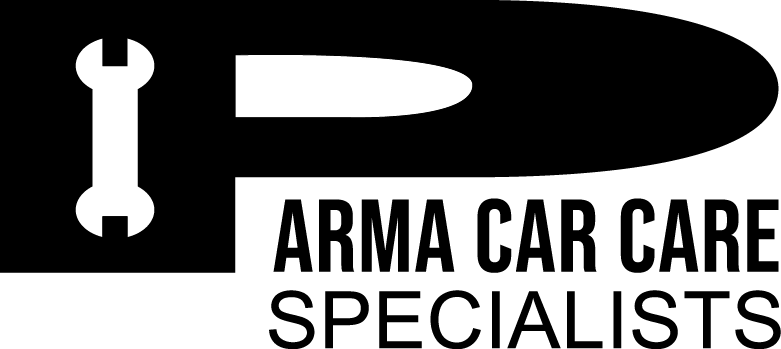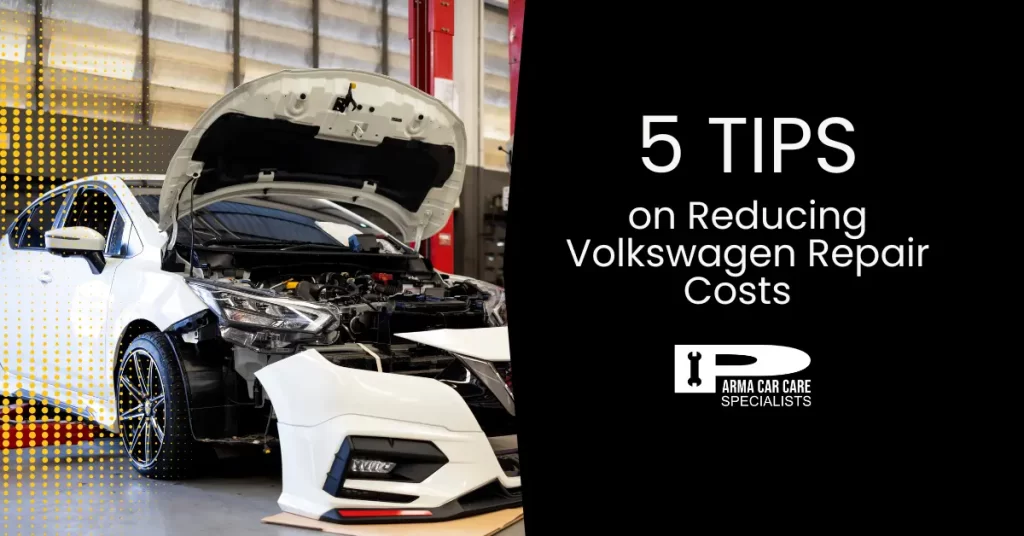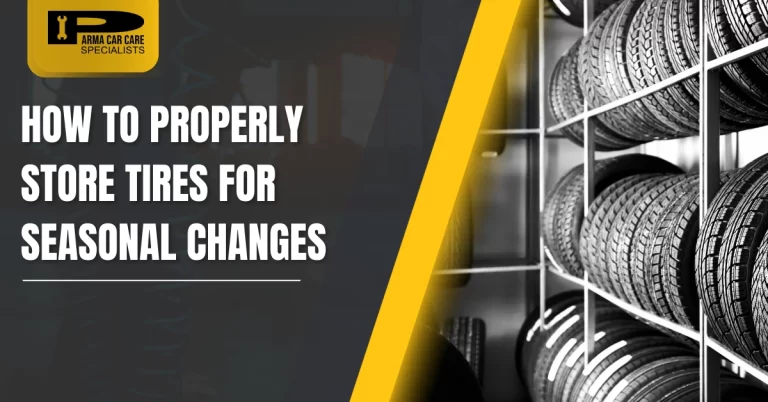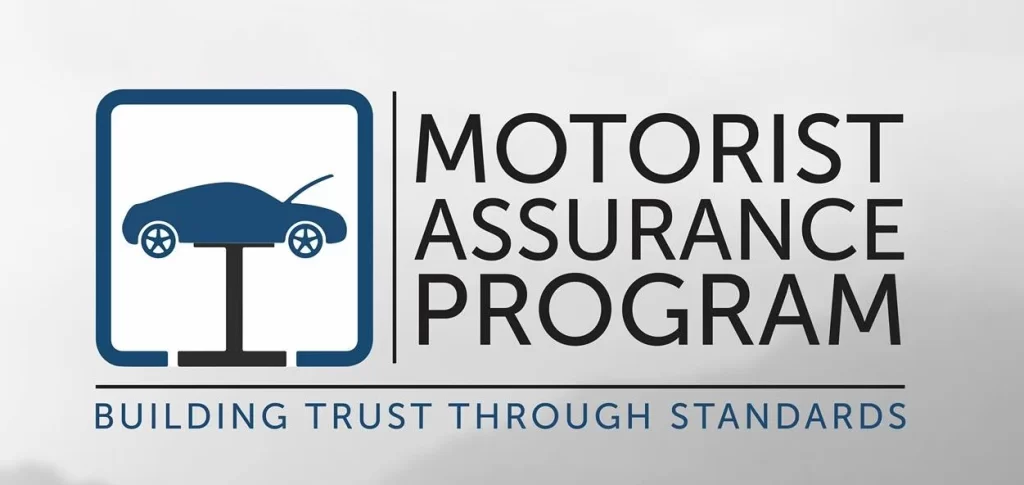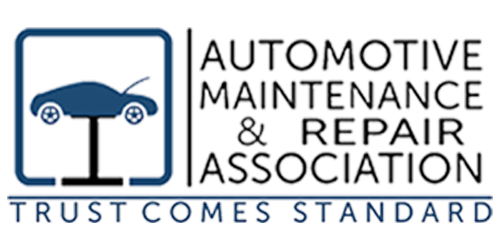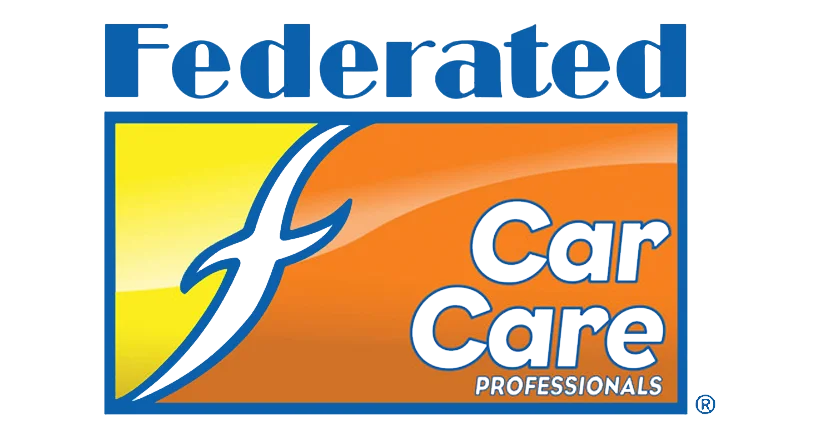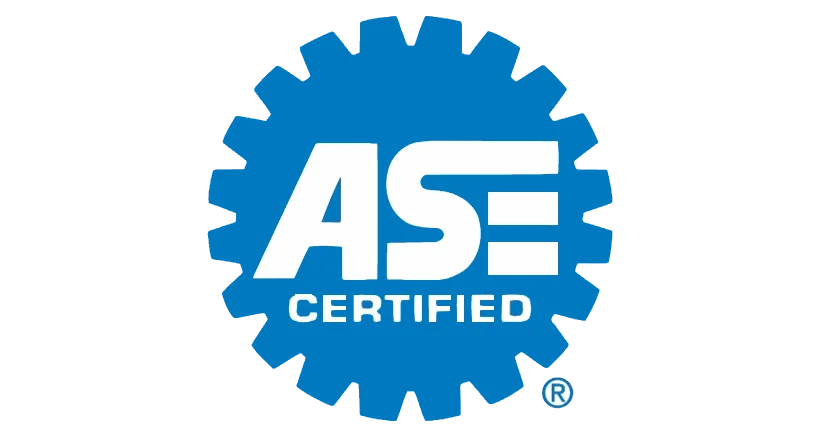Reducing Volkswagen repair costs involves a strategic approach. Adhere to the maintenance schedule in your owner’s manual to catch issues early and keep your vehicle efficient. Use OEM parts to guarantee compatibility and longevity, which saves on future repairs. Tackle minor repairs like oil changes and air filter replacements yourself with some basic tools. Shop around for reputable mechanics, comparing quotes and reviews to find the best service at a reasonable price. Finally, consider an extended warranty to cover major repairs, reducing out-of-pocket expenses. By following these tips, you’ll save money and keep your Volkswagen in top shape.
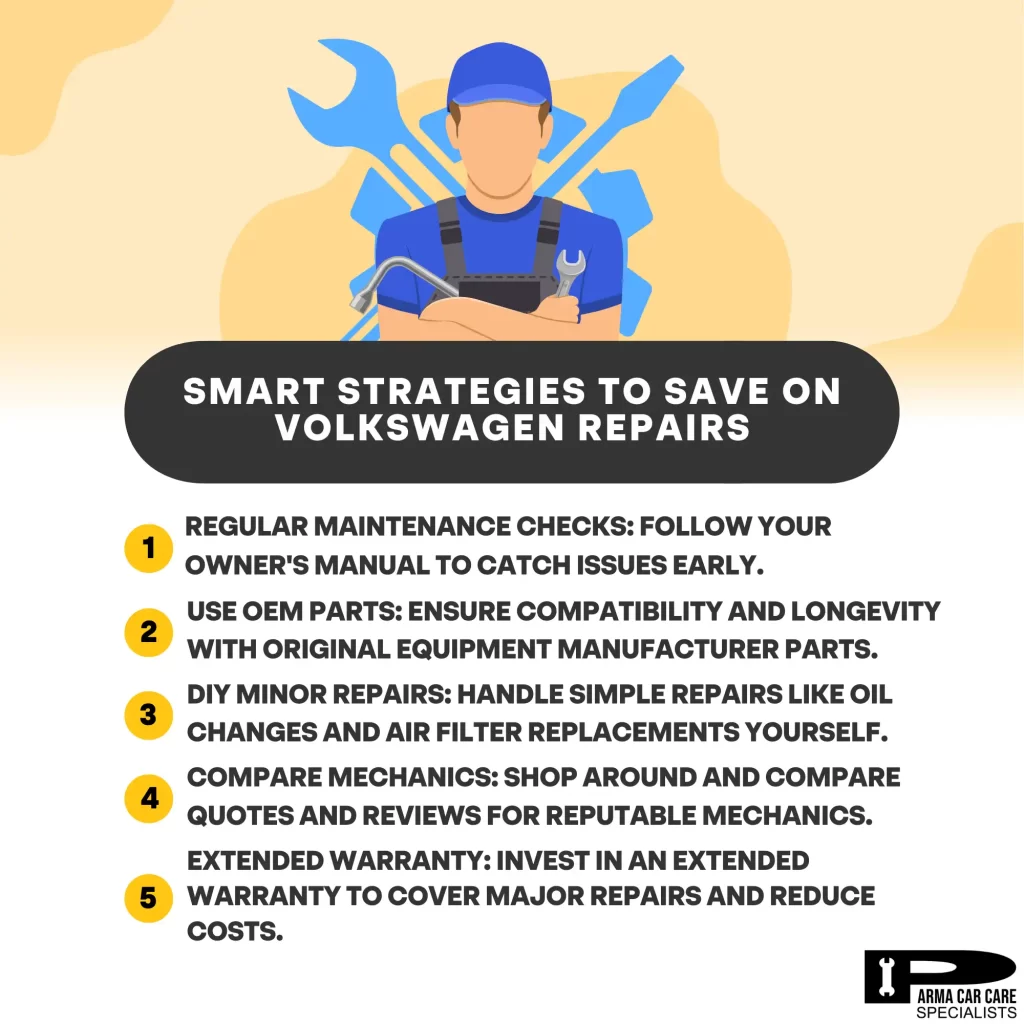
Key Takeaways
- Regularly perform maintenance checks to ensure efficient operation and avoid costly repairs.
- Use OEM parts to guarantee compatibility, maintain warranty, and enhance vehicle longevity.
- Handle minor repairs yourself with a basic toolkit and repair manual to save on labor costs.
- Shop around for mechanics by comparing quotes and reading reviews to find quality service at a reasonable price.
- Consider an extended warranty to cover major repair expenses and reduce out-of-pocket costs.
Regular Maintenance Checks
Regular maintenance checks are vital for keeping your Volkswagen running efficiently and minimizing repair costs. By adhering to a consistent maintenance schedule, you can catch minor issues before they become costly repairs. This proactive approach considerably reduces your Volkswagen maintenance cost in the long run.
Start by following the maintenance intervals outlined in your owner’s manual. Regular oil changes, tire rotations, and brake inspections are critical. Oil changes at the recommended intervals guarantee your engine stays lubricated, reducing wear and tear. Tire rotations promote even tire wear, extending their lifespan and improving fuel efficiency. Brake inspections help you identify worn-out brake pads early, avoiding damage to more expensive components like rotors.
Also, don’t neglect the importance of checking fluid levels and replacing air filters. Low fluid levels can lead to engine overheating or transmission issues, both of which are expensive to fix. Clean air filters improve engine performance and fuel economy.
Lastly, keep an eye on warning lights and unusual noises. Addressing these signs early can prevent more severe damage. By staying diligent with regular maintenance checks, you’ll keep your Volkswagen’s upkeep costs manageable and guarantee a longer vehicle lifespan.
Use OEM Parts
Opting for OEM (Original Equipment Manufacturer) parts guarantees that your Volkswagen maintains its original performance standards and reduces the likelihood of compatibility issues, ultimately saving you money on repairs. While many may wonder, ‘are Volkswagens expensive to maintain,’ the use of OEM parts can greatly reduce these costs.
Here’s why OEM parts are a wise investment:
- Exact Fit: OEM parts are designed specifically for your Volkswagen model. This precision guarantees that components fit perfectly, reducing wear and tear and the likelihood of future breakdowns.
- Longevity: These parts are built to the same high standards as the original components in your vehicle, which means they often last longer than aftermarket alternatives, lowering the frequency of replacements.
- Warranty Protection: Using OEM parts can help maintain your vehicle’s warranty. Non-OEM parts can void warranties, potentially leading to higher out-of-pocket costs for future repairs.
- Resale Value: Vehicles with OEM parts generally retain a higher resale value. Prospective buyers appreciate the guarantee of quality and compatibility, making your Volkswagen more attractive on the market.
DIY Minor Repairs
While using OEM parts is a wise investment, tackling minor repairs yourself can further reduce your Volkswagen’s repair costs. It’s no secret that Volkswagens are expensive to maintain, but you can mitigate some of these expenses by handling small fixes on your own. Start by equipping yourself with a basic toolkit and a reliable repair manual specific to your Volkswagen model.
Changing the oil, replacing air filters, and swapping out windshield wipers are straightforward tasks you can manage at home. For example, oil changes require a wrench, an oil filter, and the correct grade of motor oil. Make sure you follow the recommended intervals specified in your owner’s manual to maintain peak performance.
Replacing the cabin air filter is another simple DIY task. Typically located behind the glove compartment, this filter can be swapped out in under 30 minutes using a screwdriver. Additionally, changing headlight bulbs is often as easy as accessing the headlight compartment and replacing the bulb.
Utilize online forums and video tutorials for step-by-step guidance customized to your specific Volkswagen model. Tackling these minor repairs yourself not only saves money but also gives you a deeper understanding of your vehicle, making future maintenance less intimidating.
Shop Around for Mechanics
Finding a trustworthy mechanic is crucial for keeping your Volkswagen repair costs manageable without compromising on quality. While Volkswagens are known for their engineering excellence, they can be expensive to fix if you don’t take the right steps. Shopping around for mechanics can make a significant difference in your repair expenses.
- Research and Reviews: Start by checking online reviews and ratings for local mechanics. Websites like Yelp, Google Reviews, and specialized car repair forums can provide valuable insights.
- Get Multiple Quotes: Don’t settle for the first estimate you receive. Obtain quotes from at least three different mechanics. This allows you to compare costs and understand the going rate for specific repairs.
- Specialization Matters: Look for mechanics who specialize in German cars or, better yet, Volkswagens. These professionals have the expertise and tools to diagnose and fix issues more efficiently, potentially saving you money in the long run.
- Ask About Warranties: A reputable mechanic should offer a warranty on parts and labor. This not only guarantees quality work but also provides peace of mind that you won’t incur additional costs if the problem isn’t fixed properly the first time.
Invest in Extended Warranty
Investing in an extended warranty can greatly reduce out-of-pocket repair costs for your Volkswagen, especially as it ages. Given that VW vehicles are known for their sophisticated engineering, repairs can be costly. An extended warranty specifically designed for Volkswagen models can cover many of the high-ticket items that often fall outside the scope of a standard manufacturer’s warranty.
First, assess the types of warranties available. Some cover only major components like the engine and transmission, while others offer more extensive coverage that includes electrical systems, air conditioning, and even infotainment systems. Since VW vehicles are expensive to maintain, opting for a broader coverage plan can be more cost-effective in the long run.
Next, scrutinize the warranty terms. Look at what’s included and any exclusions that might impact your specific model. Verify the duration of the coverage and any mileage limits. Also, consider if the warranty allows you to take your car to any certified mechanic or if you’re restricted to specific service centers.
Conclusion
Think of maintaining your Volkswagen like tending to a garden; regular care guarantees it thrives. By sticking to regular maintenance checks, opting for OEM parts, tackling minor repairs yourself, shopping around for the best mechanics, and investing in an extended warranty, you’ll keep repair costs low while extending your car’s life. Follow these tips, and your Volkswagen will continue to run smoothly, just like a well-watered plant in a carefully tended garden.

